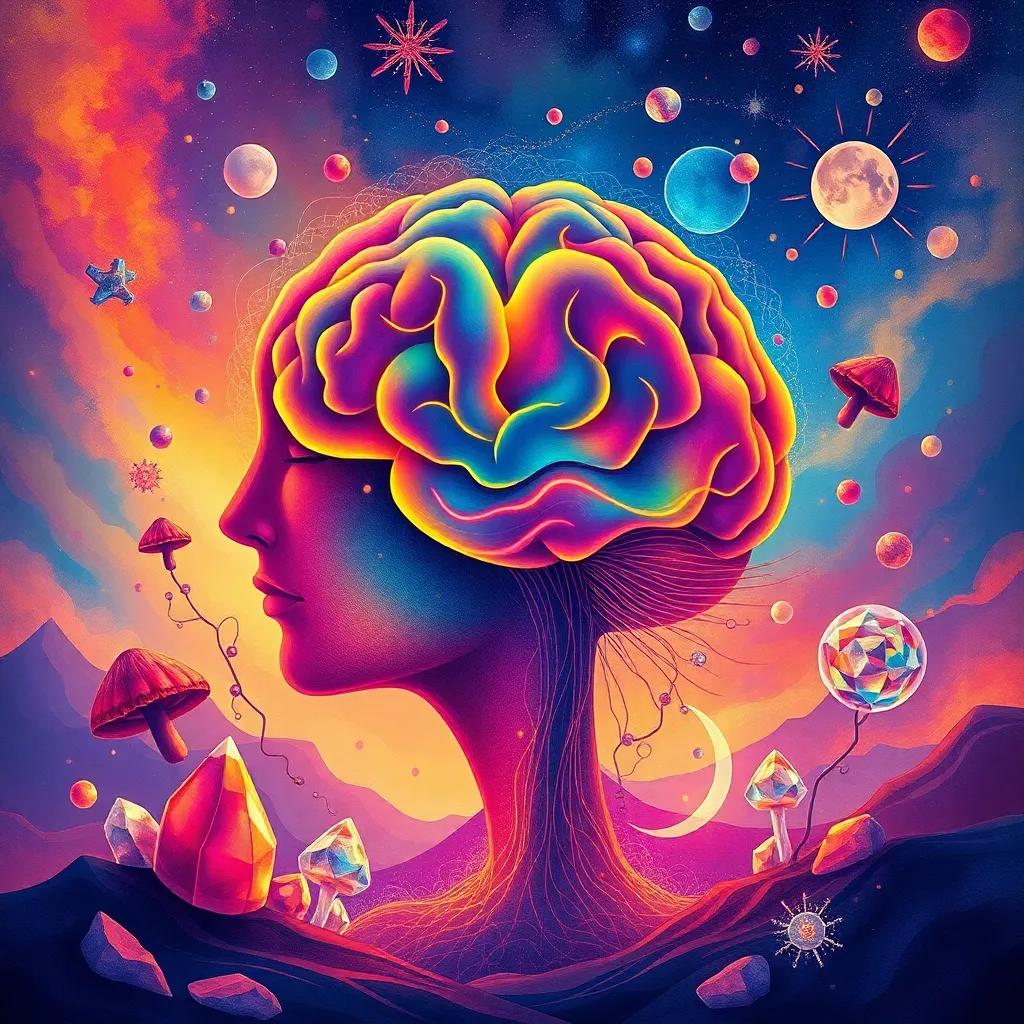Exploring the resurgence of psychedelic research for treating mental health conditions, focusing on psilocybin, MDMA, and LSD, their mechanisms, clinical trials, and future prospects.
Psychedelic-assisted therapy is gaining traction as a promising treatment for various mental health conditions, backed by recent clinical trials and historical research.
Historical Overview of Psychedelic Research
The study of psychedelics began in the mid-20th century, with researchers like Albert Hofmann and Timothy Leary exploring the effects of substances like LSD and psilocybin. However, the cultural and political climate of the 1960s led to a halt in research. Recently, there has been a resurgence of interest in these substances for their potential therapeutic benefits.
Mechanisms of Action
Psychedelics promote neuroplasticity and emotional healing by interacting with serotonin receptors in the brain. Studies published in *Nature Neuroscience* and *JAMA Psychiatry* have shown that these substances can enhance the brain’s ability to reorganize itself, leading to improved mental health outcomes.
Clinical Trials and Efficacy
Recent clinical trials have demonstrated the efficacy of psychedelic-assisted therapy for conditions like depression, PTSD, and addiction. For example, a study published in *The Lancet Psychiatry* found that psilocybin therapy significantly reduced symptoms of treatment-resistant depression.
Ethical and Regulatory Considerations
The use of psychedelics in therapy raises important ethical and regulatory questions. Researchers and clinicians must navigate issues related to patient safety, informed consent, and the potential for misuse. Regulatory bodies are working to establish guidelines for the safe and effective use of these substances.
Future Prospects
The future of psychedelic medicine looks promising, with ongoing research into non-hallucinogenic analogs that could offer therapeutic benefits without the psychoactive effects. This could make psychedelic-assisted therapy more accessible and acceptable to a broader population.
As Dr. Robin Carhart-Harris, head of the Centre for Psychedelic Research at Imperial College London, stated, Psychedelics have the potential to revolutionize mental health treatment, offering hope to those who have not benefited from traditional therapies.




